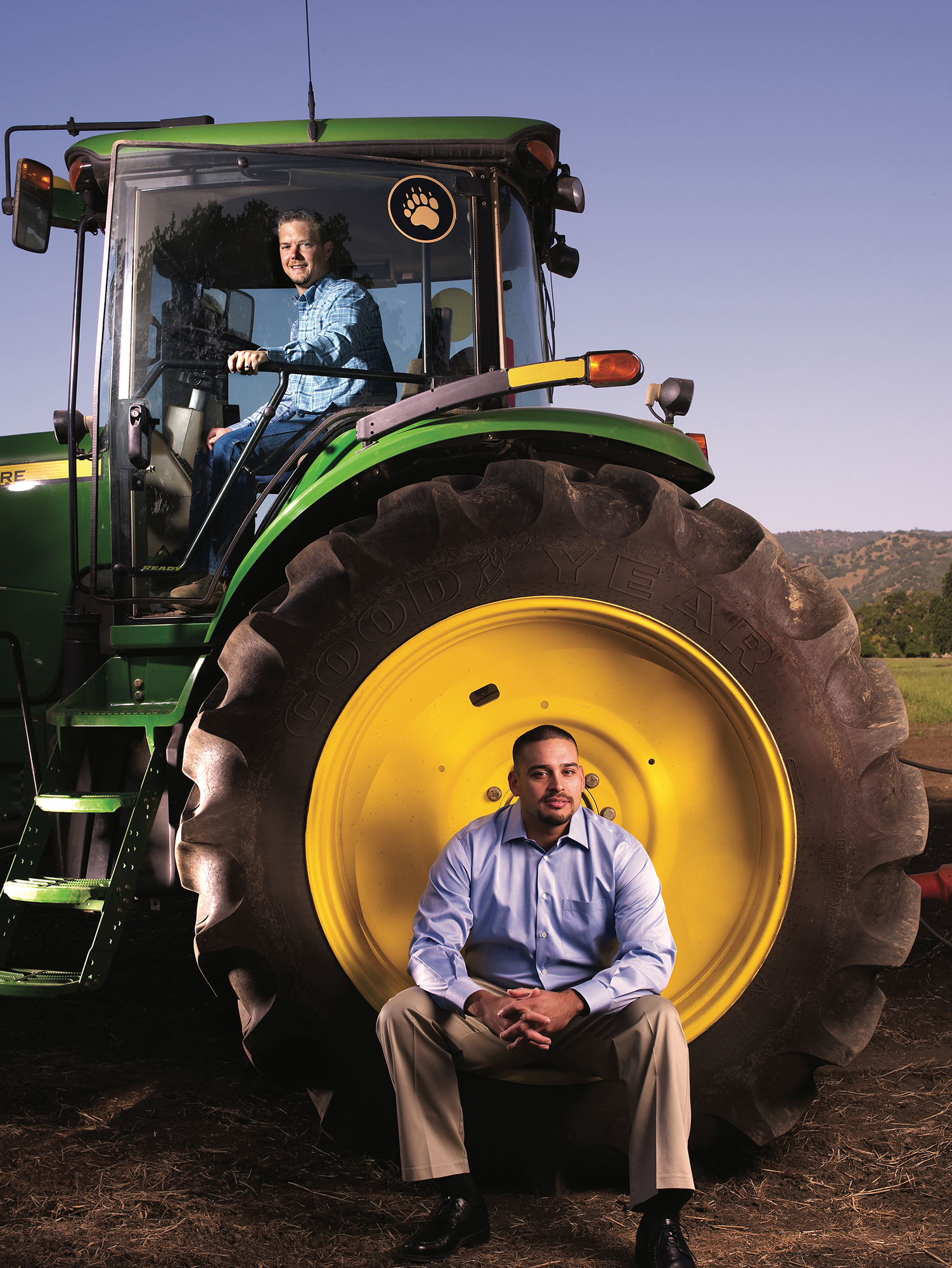
This Indigenous Food Brand Makes Award-Winning Olive Oil
Inside the sustainable farming operation.

Courtesy of Yocha Dehe Wintun Nation
Along a stretch of the Capay Valley, rows of olive groves are nestled beneath rolling hills whose hues shift to shades of cerulean as the sun sets. Aptly known as Séka Hills—“blue hills” in the Patwin language—the idyllic landscape is home to a sustainable farming operation run by the Yocha Dehe Wintun Nation. And they’re making some of the best extra-virgin olive oil in the world.
The company started from humble beginnings, bringing just a few cases of wine and oil down the Bay Area, selling door-to-door at indie food stores and high-end grocery chains. Now Séka Hills has placement in nearly 1,000 restaurant and retail locations, including Wahpepah’s Kitchen in Oakland.

Courtesy of Séka Hills
The decision to plant olive trees, produce olive oil, and build the Séka Hills Olive Mill grew from the tribe’s desire to create opportunities for a long-term, environmentally sound investment in a region of Northern California where the tribe has resided for thousands of years. The mission is to carry on the legacy of their ancestors by tending the natural resources and land that are home to their rich culture, history, language, and traditions.
“This business lends itself to long-term sustainability. We planted our first olive grove in 2008, and we expect that the grove will continue to produce for the next 15–20 years,” says James Kinter, Yocha Dehe Wintun Nation tribal secretary and property, farm, and ranch chair. “We built the mill in 2012 and expect it to be here and to continue making great olive oil for generations to come.”

Courtesy of Yocha Dehe Wintun Nation
But it goes way beyond simply providing the market with exceptionally delicious estate-grown olive oil. (Séka Hills has been a winner of the Sunset Pantry Awards and was also featured in our exclusive subscription box.) Far from a monoculture, the groves are set on native oak rangeland where 12 crops are being grown at any given time, from winter squash and tomatoes to chickpeas and almonds. The tribe also grazes 800 Angus cross cattle in the area.
“It also gives us the time and the opportunity to teach our tribal citizens about this kind of agricultural business,” says Kinter. Working closely with the community, he believes the brand provides opportunities for hands-on leadership and the running of the business for generations to come.
Read the Current Issue Here!
Get one year of Sunset—and all kinds of bonuses—for just $29.95. Subscribe now!
